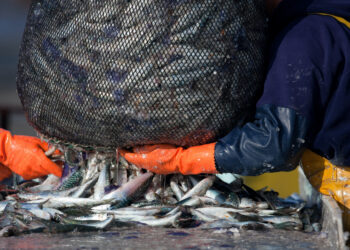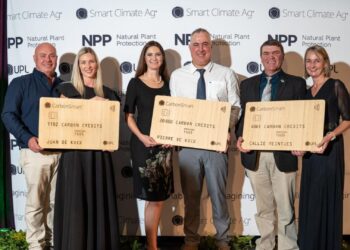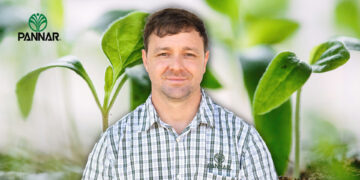As the numbers of gender-based violence cases rise, women in agriculture have voiced their concerns regarding the lack of action by law enforcement agencies in curbing a “pandemic” that has spread like fire.
Today, thousands of women will march across South Africa in the Women’s Shutdown to demonstrate their dissatisfaction and call for action to help many women who are suffering from gender-based violence (GBV) and femicide.
Women in agriculture have joined the call to end GBV and for better protection.
Elize Beuke, a mixed farmer in Keimoes in the Northern Cape, said women in agriculture, particularly in rural areas, often face hidden and persistent abuse because they work in isolated environments, depend economically on partners or employers, and have limited access to police, transport, or safe reporting channels.
Better policing, policies & training
“To address this, government must strengthen rural policing with more trained GBV officers, fully resourced victim-support facilities, and mobile units that can reach remote farms. Investment in rural infrastructure, better roads, lighting, transport, and communication is also essential to ensure women can access help without fear or delay.
“At the same time, the agricultural sector needs clear anti-harassment policies, regular inspections, and community-driven education that challenges harmful cultural norms and supports women’s rights,” she said.
Related stories
- Time to break cycles of violence in farming communities
- Women lead the way: Soul to Soil celebrates agriculture’s changemakers
- Women gain ground in agri careers, but pay gaps remain
- Climate summit: SA’s food future rests on small-scale farmers
Beukes emphasised that economic empowerment through funding, land access, and training for women farmers is also crucial.
“Meaningful change will require a coordinated effort between government, traditional leaders, agricultural organisations, and communities to ensure rural women are protected, respected, and heard,” she said.
Women suffer in silence
A vegetable farmer from Winterveld in Gauteng, Dineo Mphahlele, said as a young farmer with children, seeing statistics of women being killed and children raped, she feels vulnerable and unable to keep calm, not knowing what might happen to her and the kids.
“Walking in the streets of our country is no longer safe. I do not feel safe. The sector I am working in is even worse because I am in a male-dominated industry, and I often do not get the respect I deserve as a woman because of being a woman and my age as well.
“In my relatives, we had a rape case, and such happened during broad daylight. So all these things have brought a lot of fear on my side as a woman farmer. Unused land parcels in rural areas are also used to beat up and rape women and children, government and traditional leaders need to work towards dealing with that,” she said.
Chief executive officer of SA Olive, Wendy Petersen, said GBV remains one of the most devastating and deeply entrenched issues facing South Africa.
“For generations, so many women and children have suffered in silence, often feeling powerless, unheard, and without hope that help would ever come.
Wendy Petersen
“Tragically, violence against women and children has become so common that many have begun to treat it as a societal norm. We read headlines of women being beaten, threatened, emotionally violated, victimised, and even killed, often daily,” she said.
Call to action
Petersen said these acts shock the nation, yet life moves on, and the cycle continues. She highlighted that the normalisation of violence is one of the most damaging consequences of GBV, allowing it to persist unchecked.
“But GBV does not arise in isolation. Most forms of abuse can be traced back to deeper social wounds in our communities, unhealthy childhood experiences, broken homes, cycles of trauma, and the systemic social ills, drugs and alcohol, that shape attitudes and behaviours, such as a lack in self-worth and confidence, from a young age.
“This means we need to invest in raising emotionally healthy, confident, and socially aware children. Early childhood development, nurturing family environments, positive role-modelling, and teaching young boys and girls about respect, empathy, consent, and equality are essential,” she said.
Women for Change, who are organising the protest ahead of the G20 Summit taking place from 22 – 23 November, have urged women to make their voice heard.
“We call on all women and members of the LGBTQI+ community across South Africa to refrain from all paid and unpaid work in workplaces, universities, and homes, and to spend no money for the entire day to demonstrate the economic and social impact of their absence. Because until South Africa stops burying a woman every 2.5 hours, the G20 cannot speak of growth and progress,” the organisation said.
READ NEXT: Godongwana vows clampdown on illicit cigarette, alcohol trade

















